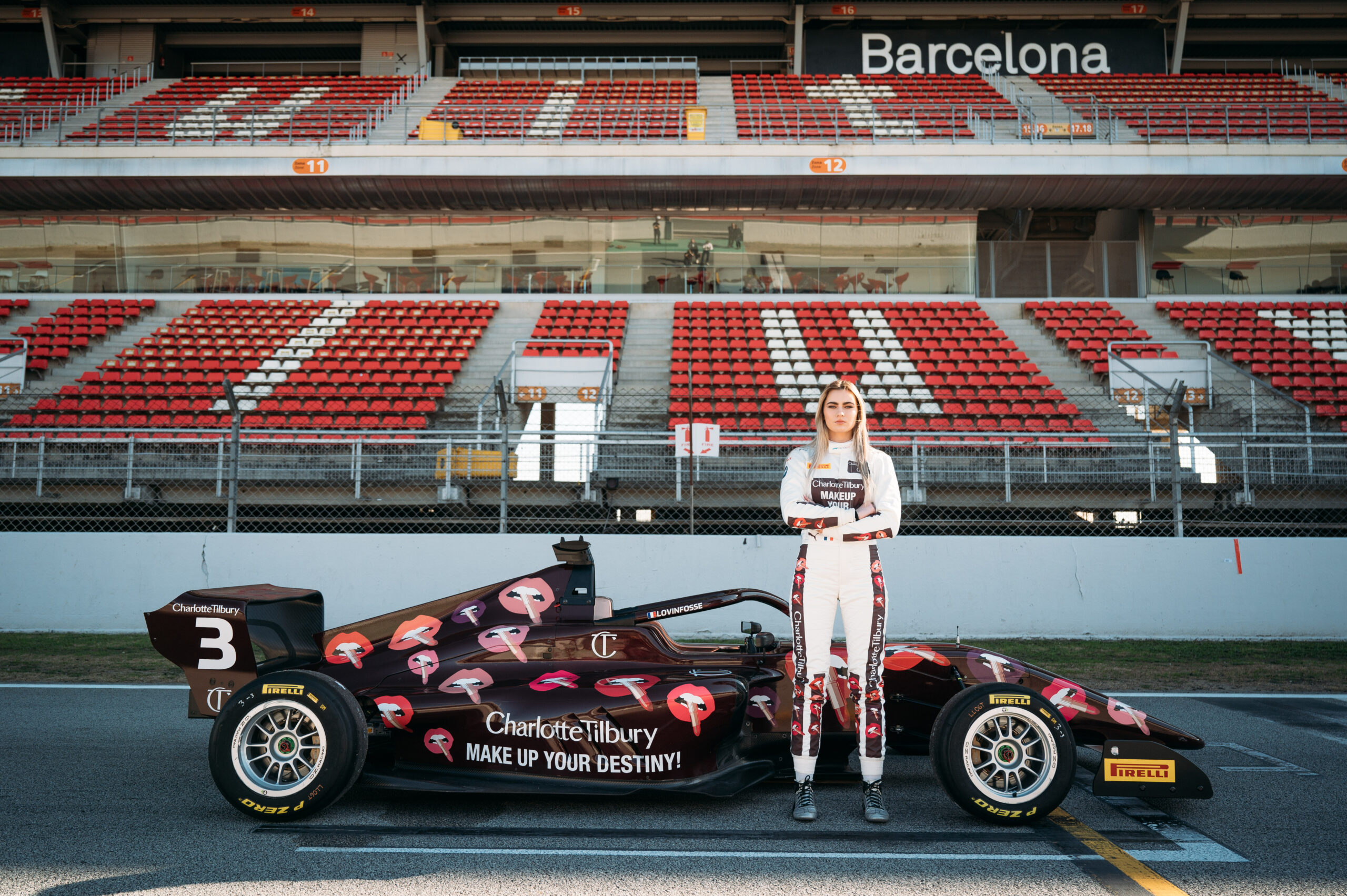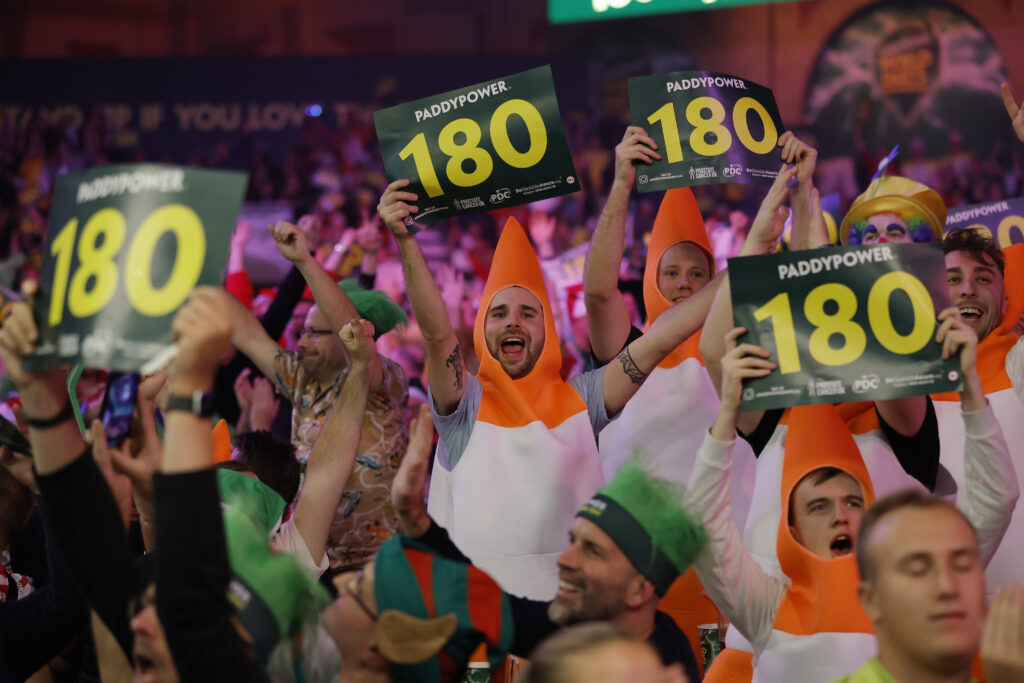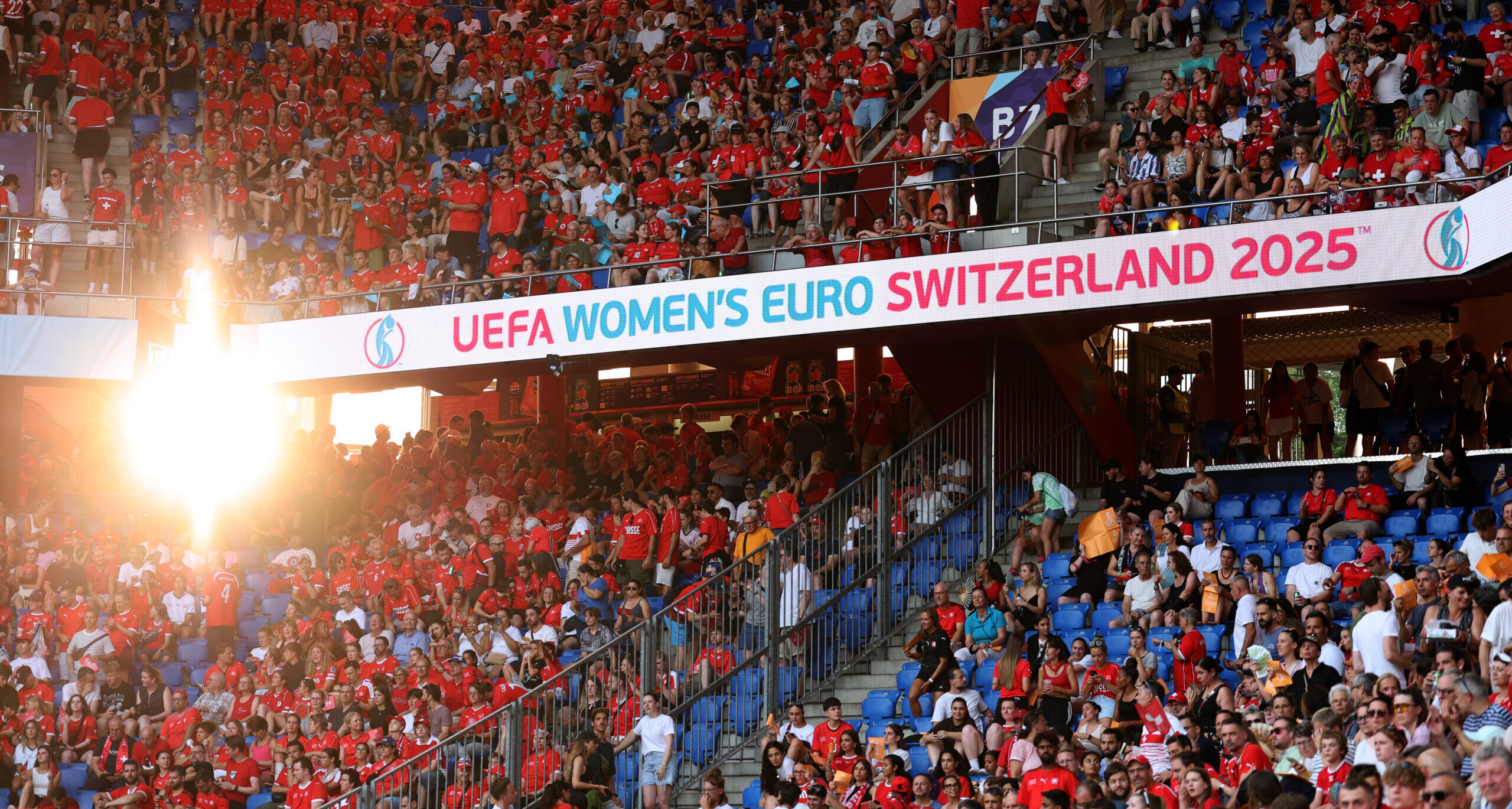Why brands sponsored the new F1 movie
With the launch of ‘F1 the movie’ today, Formula 1 isn’t just about racing anymore. It’s about storytelling, swagger, and global entertainment – on and off the grid.
BlackBook Motorsports projects that Formula 1 sponsorship will hit $2.9bn in 2025 – up 10% year-on-year. That puts it shoulder to shoulder with the NFL and ahead of most other global leagues. And it’s still accelerating.
Why? Because brands are no longer buying exposure. They’re buying culture. Formula 1 offers both. Imagine a Hollywood blockbuster that doesn’t just feature brands, it builds its world around them. It is not just product placement – its brand integration as a plot device.
This is a groundbreaking evolution, transforming brands from background extras into lead characters. Because instead of creating superficial sponsorships, the film establishes an entire fictional eleventh Formula 1 team, APXGP, sponsored by elite global brands.
Why are brands like IWC rushing to sponsor a fictional team formula 1 team?
The answer is this isn’t just a film or fiction. It’s marketing gold – a believable racing outfit with real commercial clout.
They’ve built a fictional race team with real brand positioning and equity. That credibility doesn’t stop at the screen. In EA Sports’ upcoming F1 25 game, players can race as APXGP and unlock exclusive movie content. It’s not a cameo – it’s a fully immersive brand ecosystem.

what does it mean for the brands that invested?
Expensify’s CEO, David Barrett, called it: “possibly one of the best brand placement opportunities ever,” and expects a significant business impact long after the credits roll.”
That’s not just awareness. That’s action. This is where the playbook changes. Traditional metrics like impressions and CPMs can’t keep up with the brand impact that comes from being written into the story.
As audiences increasingly expect richer, more immersive experiences, F1 the movie sets a compelling precedent and marks a transformative moment in how entertainment and commerce collaborate. For marketers and brands, the message is clear: the future belongs not to those who shout the loudest but to those who can authentically embed themselves in compelling narratives or create entirely new ones.
Beauty of the grid
In 2024, Charlotte Tilbury did just that. They became the first beauty brand, and crucially the first female-founded brand – to sponsor F1 Academy. Not just for a moment, but through scholarships, karting programs, and a full media ecosystem.
Then came Elemis, partnering with Aston Martin to drive skincare into the luxury racing space, kicking things off with a Harrods pop-up and experiential campaigns built around female fandom.

For brand marketers, that means Formula 1 isn’t just sport. It’s entertainment IP with global appeal
These brands aren’t ‘sponsoring sport’ they’re investing in cultural velocity. Layer on Netflix’s Drive to Survive and the new F1 Academy series and you’ve got a fanbase that cares as much about narrative arcs as they do about lap times.
If you’re a brand thinking about reach, relevance, or reinvention, here’s the takeaway:
- Think culture-first: The winners in this space aren’t chasing exposure – they’re aligning with emotion.
- Look beyond the car: Think films, documentaries, pop-ups, virtual merch. The car is just the vehicle (literally).
- Bet on belief: Whether it’s a crypto brand proving legitimacy or a beauty brand redefining its lane – Formula 1 is where narrative becomes impact.
Final lap
Formula 1 today is a rare hybrid:
Global sport meets luxury lifestyle meets cultural heat
We help brands create winning partnerships with the biggest names in sport, enabling them to grow brand awareness, build credibility and deliver impactful results.
Our brand connection system brings together data from across the entire sports eco-system providing intelligence into what your target audience is doing, watching and engaging with, as well as looking at the moves your competitors are making.

